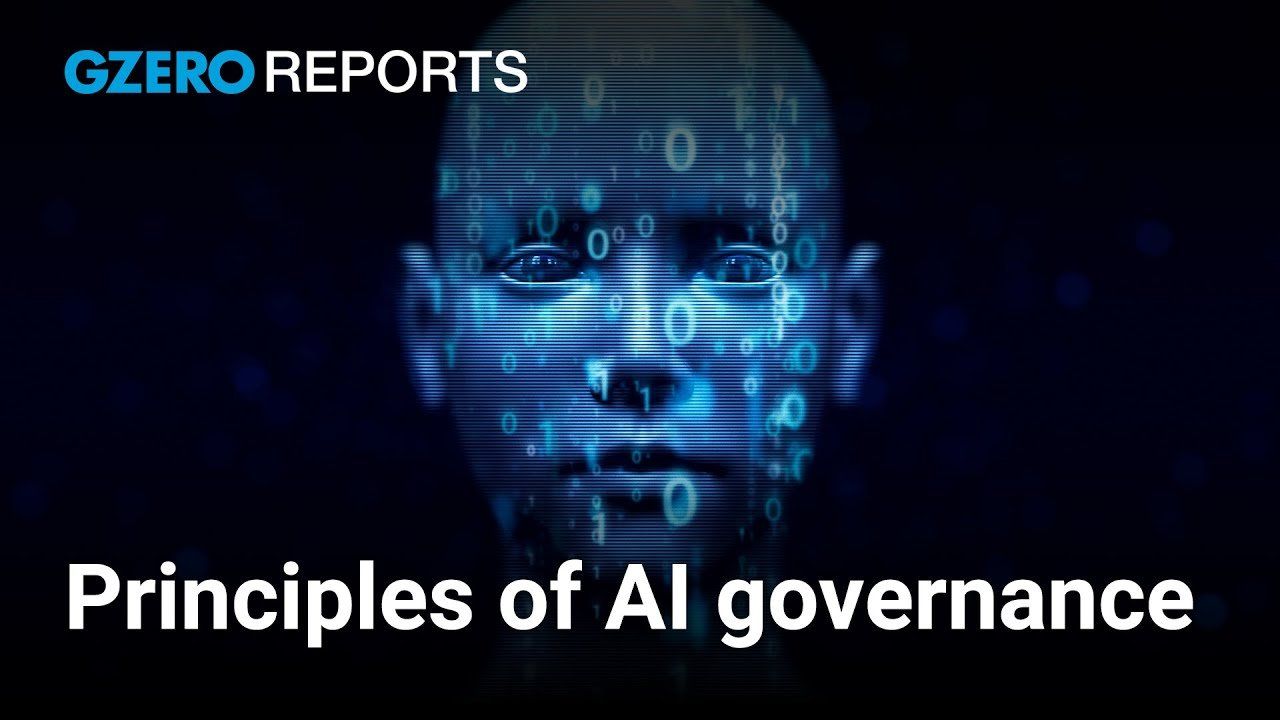Ian Bremmer and Mustafa Suleyman, CEO and co-founder of Inflection AI, delve into the realm of AI governance and its vital role in shaping our rapidly evolving world. Just like the macro-prudential policies that govern global finance, society now find itself in need of techno-prudential policies to ensure that artificial intelligence (AI) flourishes without compromising global stability. AI presents multi-faceted challenges, including disinformation, technology proliferation, and the urgent need to strike a balance between innovation and risk management.
Bremmer and Suleyman lay out five key principles that underpin effective AI policies:
1. Precautionary Principle: Safeguard against harm.
2. Agile Governance: Adapt swiftly to the dynamic AI landscape.
3. Inclusivity: Forge partnerships between governments and tech corporations.
4. Impermeability: Ensure comprehensive and global control.
5. Targeted Approach: Tailor strategies to diverse AI applications.
The discussion resonates with the urgency to develop an intricate framework that not only steers AI's growth but also safeguards against unintended consequences.
Watch the full conversation: Governing AI Before It’s Too Late
Watch GZERO World with Ian Bremmer every week at gzeromedia.com/gzeroworld or on US public television. Check local listings.
More For You
Think you know what's going on around the world? Here's your chance to prove it.
Most Popular
In this episode of "ask ian," Ian Bremmer breaks down two high-stakes negotiations in Geneva: Russia-Ukraine and indirect US-Iran talks, calling both “underwhelming” with little progress.
In an era when geopolitics can feel overwhelming and remote, sometimes the best messengers are made of felt and foam.
